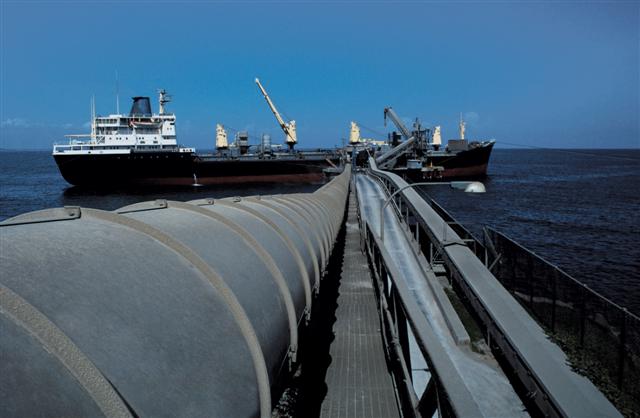The deadline for the expressions of interests for the 2017 Arctic Energy Summit has been extended to January 31, 2017.

The 4th biennial 2017 Arctic Energy Summit is taking place in Helsinki, Finland, September 18-20. The event is a multi-disciplinary event expected to draw several hundred industry officials, scientists, academics, policymakers, energy professionals and community leaders together to collaborate and share best practices as they relate to a comprehensive array of Arctic energy issues. The 2017 Arctic Energy Summit builds on the Arctic Council Sustainable Development Working Group’s legacy efforts to address energy as a fundamental element of the sustainable development of the Arctic, and occurs during Finland’s Chairmanship of the Arctic Council (2017-2019).
The three-day summit will focus on a diverse set of topics, including:
- oil and gas
- geothermal, solar, wind, hydro and tidal energy
- utilities
- microgrids
- energy policy and regulation
- community impacts
- energy finance and investment
- climate change
- energy security
Hosted by Alaska’s Institute of the North, in collaboration with the Finnish Ministry of Econmic Affairs and Employment, the Arctic Energy Summit will highlight the Arctic as a leader in renewable energy development and integration, as well as an exporter of world-class knowledge and expertise.
We invite subject matter experts to submit expressions of interest in speaking at the Arctic Energy Summit. The organizing committee welcomes abstracts for technical presentations, workshops, or moderated panel discussions at the 2017 Arctic Energy Summit. Potential speaking topics include:
Small Community Energy Solutions
- Energy efficiency – smart grids, housing, storage, etc.
- Effective micro-grids and off-grid utilities
- Reducing use of diesel fuel for power generation
- Local use of natural gas
Oil and Gas
- Low-cost, low-carbon approaches
- Potential, projects and technology
- Safety, oil spill response and risk management
- Supply chain management, logistics, transportation
- Stakeholder engagement and community impact
Renewable Energy
- Resource potential and current projects - tidal, solar, wind, biomass, hydro, geothermal
- Energy storage technologies
- Integration of renewables into power supply
Regulation and Financing
- Arctic National and sub-national energy policies and strategies; local government initiatives
- Indigenous and tribal governments’ role
- Public-private partnerships, Co-investment and Tax credits
- Renewable energy funds
- Public procurement
- Energy efficiency contracts
Community Impact
- Environmental protection
- Stakeholder engagement and capacity-building
- Science and traditional/indigenous knowledge
- Economic growth in rural communities
The organizing committee is especially interested in presentations that showcase:
- Specific collaborations between academia, industry and government
- Building on what we know and learning from experience
- Evaluating differences and working toward common approaches
Expressions of interest should be submitted no later than January 31, 2017 for consideration by the Organizing Committee. Speakers will be notified of acceptance no later than March 15. A draft agenda will be developed and shared with presenters in April. For more details, please visit the website of the event.
